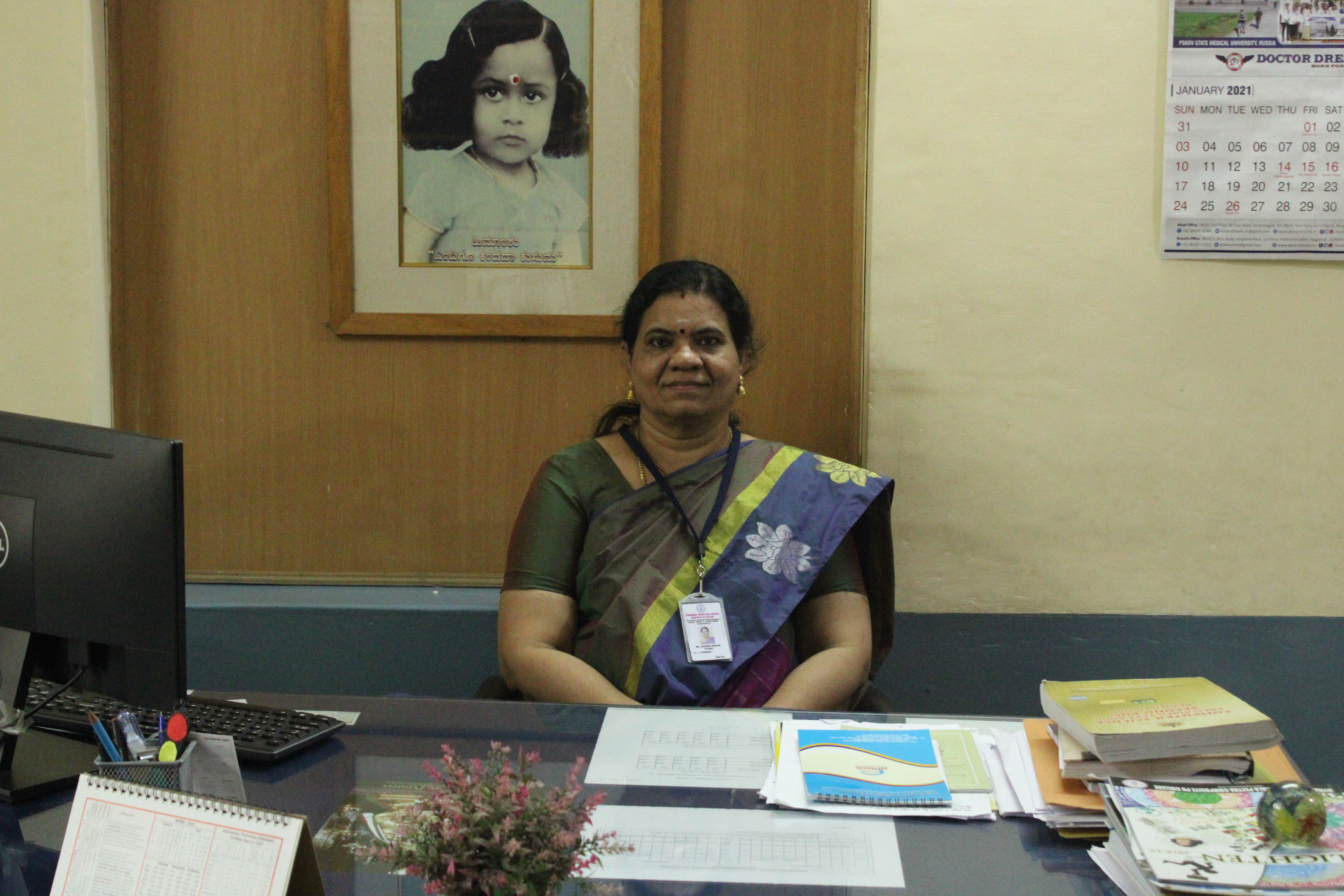Dr. Henry A.D. Ford
Senior Ecological Advisor & Botanical Informatics Consultant

Dr. Henry Ford brings over five decades of experience in botany, ecology, and conservation informatics to GGCC. With a Ph.D. in the population biology of dandelions, his research has spanned continents—from the Himalayan ecosystems to the declining forests of Djibouti, the waters of south Oman, and the woods and grasslands of Britain. As the manager of ecoflora.org.uk, a landmark trait database for British flora, he has significantly contributed to ecological data accessibility and education.
His academic and consultancy background includes work as a non-molecular biological database manager at the University of Bath and leading habitat and vegetation surveys across various biomes. Currently, he is a visiting research associate at Bath Spa University in computing and biology. With expertise in GIS, NVC, and river habitat assessment, as well as decades of experience in trait database software development, he plays a significant role in guiding GGCC’s data-driven biodiversity documentation, habitat analysis, and conservation technology transfer.
Dr. Ford also supports capacity-building at GGCC by advising on plant trait data management, ecological field protocols, and species identification frameworks tailored to Indian landscapes. His vision aligns with GGCC’s mission of bridging conservation knowledge between the Global North and South.
Mr. L. Magilan MSc, LLB
Legal Advisor and Senior Conservation Consultant
Mr. L. Magilan is a retired District Forest Officer (DFO) from the Tamil Nadu Forest Department with decades of experience in forest conservation and management. After entering service through the State Public Service Commission, he held key roles such as Regional Manager at the Tamil Nadu Forest Plantation Corporation, Forester Extension Officer, and Deputy Conservator of Forest in the Research Department.
Post-retirement, he pursued law and now practices at the Dharmapuri District Court. As GGCC’s Legal Advisor and Senior Conservation Consultant, Mr. Magilan brings valuable insights from both forestry and legal fields, helping strengthen our conservation efforts in Dharmapuri and beyond. We are proud to have him on our team.
Mrs. Jayasree Sridhar
Director of Education & Public Engagement

Mrs. Jayasree Sridhar is an experienced educationist and international education consultant with over 35 years of leadership across top CBSE and State Board institutions in India. She specializes in academic strategy, student development, and experiential learning, with a strong focus on youth empowerment and environmental awareness.
At GGCC, she leads education and outreach programs that connect global conservation goals with local communities. Her work includes building school partnerships, designing volunteer training, and guiding impactful public engagement.
Recognized with awards such as the Best Principal Award by Presidency University, Mrs. Sridhar plays a key role in shaping inclusive, hands-on conservation education at GGCC.
Dr. Ezhumalai Muthukrishnan
Scientific Research Advisor – Biomedical & Environmental Health Integration
Dr. Ezhumalai Muthukrishnan is a biomedical researcher with a Ph.D. in Biotechnology and extensive postdoctoral experience in the U.S., currently based at Texas Tech University Health Sciences Center. His research spans cardiovascular and liver diseases, molecular signaling, and cellular stress responses.
At GGCC, he bridges biomedical science with environmental health, contributing to nature-health models and evidence-based conservation strategies. His interdisciplinary expertise strengthens GGCC’s efforts to explore the links between biodiversity, ecosystem health, and human well-being.
Dr. R. Chandrasekaran
Senior Advisor – Research & Conservation Strategy
Dr. R. Chandrasekaran is an experienced biotechnologist and ecological researcher with expertise in sustainable agriculture, biopesticides, and plant-insect interactions. He holds a Ph.D. in Environmental Biotechnology and has served as a DST National Postdoctoral Fellow, contributing extensively to ecological and toxicological research.
With over 20 international publications and genetic data contributions to global databases, he brings strong scientific credibility to GGCC. As Senior Advisor, he supports the development of eco-friendly conservation strategies, mentors young researchers, and promotes the integration of global scientific advances with local, sustainable solutions.
Dr. Kamaraj Sattu
Scientific Advisor – Molecular and Biochemical Research in Conservation
Dr. Kamaraj Sattu brings extensive expertise in molecular biology, biochemistry, and biomedical research to GGCC. With a Ph.D. in Biochemistry from the University of Madras and postdoctoral experience at Umeå University, Sweden, his research spans molecular oncology, DNA damage checkpoint activation, and drug discovery.
As an Assistant Professor at Periyar University’s Department of Biotechnology, Dr. Kamaraj plays a key role in mentoring young researchers and leading funded projects supported by premier national agencies like UGC and ICMR. His research on molecular mechanisms underlying cancer biology has resulted in numerous international publications in high-impact journals.
At GGCC, Dr. Kamaraj serves as Scientific Advisor for Molecular and Biochemical Research in Conservation, bridging molecular-level understanding with ecological restoration. He provides scientific guidance to integrate advanced laboratory techniques into biodiversity, environmental toxicology, and plant–soil health studies.
Through his position at Periyar University, Dr. Kamaraj also facilitates access to laboratory space, student collaborations, and university resources for GGCC’s conservation research and outreach programmes. His leadership supports the mission of connecting science and community for sustainable nature restoration in the Global South.
Mr. Raj Pokhrel
Research Associate – Invertebrate Ecology & Environmental Monitoring
Raj Pokhrel is a dedicated researcher currently pursuing a Ph.D. in Natural Sciences at Massey University, New Zealand, focusing on how environmental stressors affect native ant species. He also holds master’s degrees in Advanced Wildlife Conservation (UK) and Zoology with a focus on entomology (Nepal).
With field experience across Nepal, the UK, and New Zealand, he brings valuable expertise in insect sampling, ant diversity, GIS mapping, and ecological monitoring. At GGCC, Dr. Pokhrel supports invertebrate biodiversity documentation, monitoring framework design, and training workshops.
His international outlook and scientific approach strengthen GGCC’s goal of blending global research insights with local conservation actions.